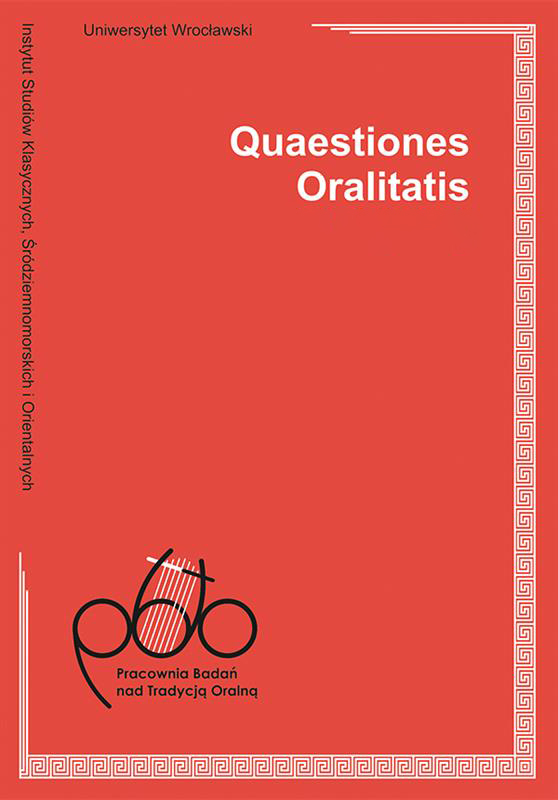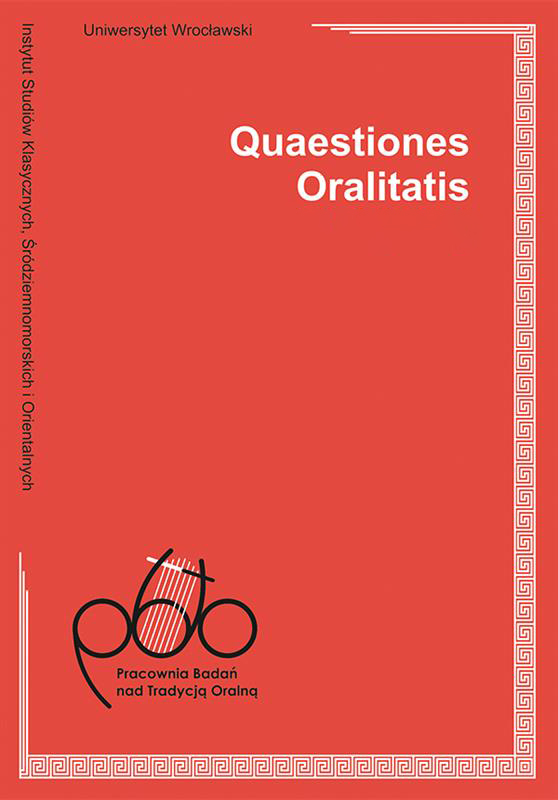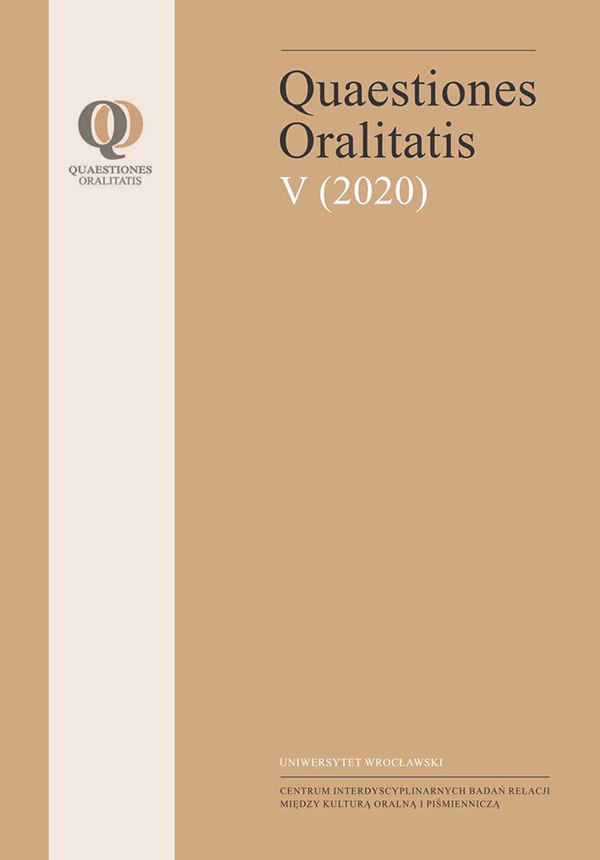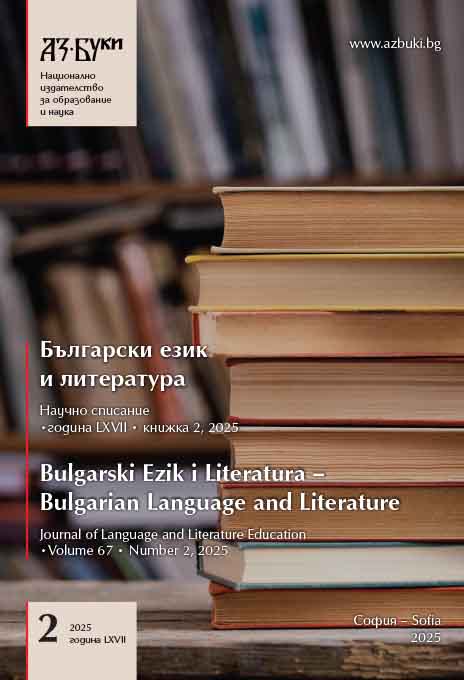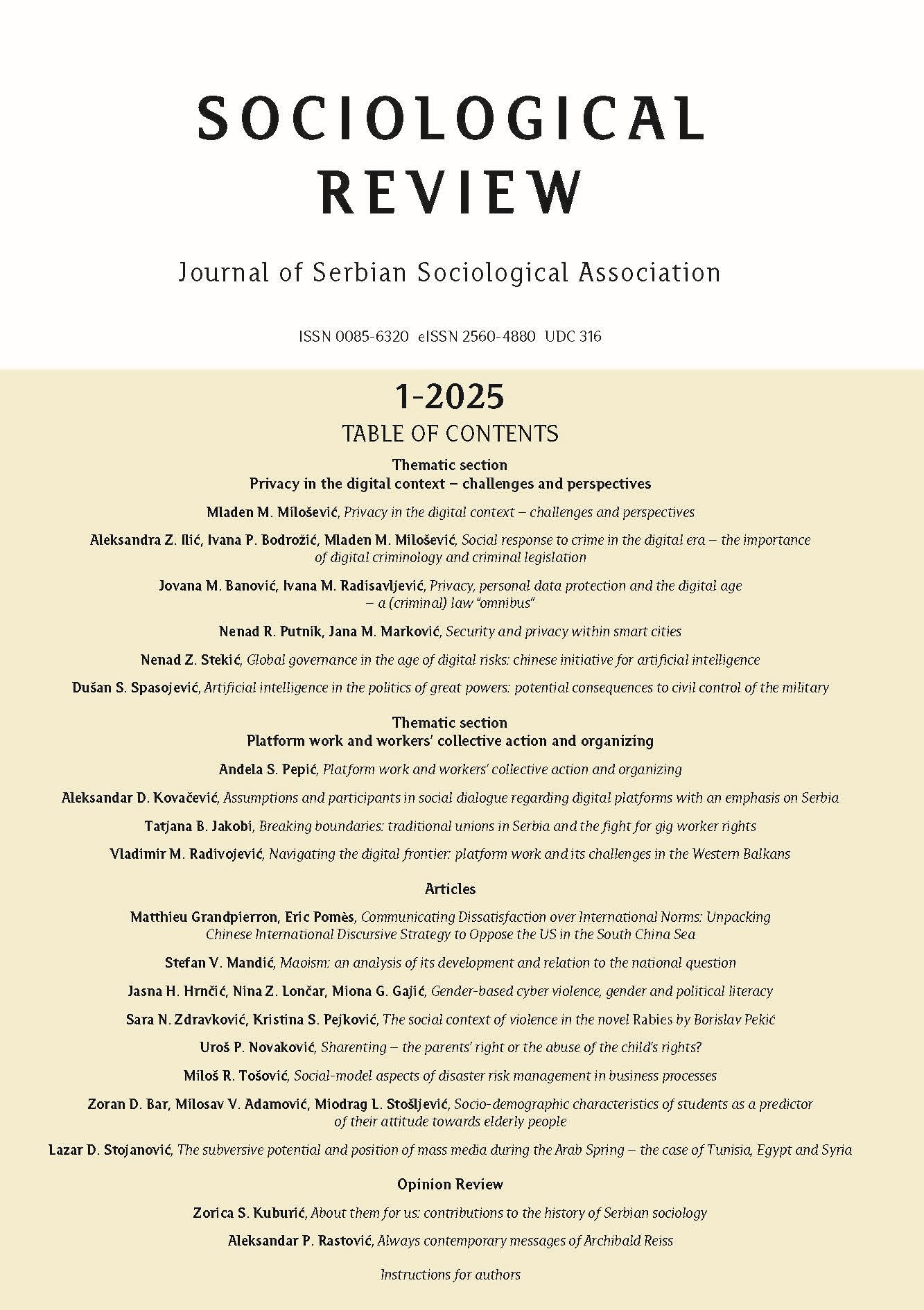Author(s): Laura Hânză / Language(s): English
Issue: 40/2025
The paper theoretically addresses the concept of manipulation, the different manipulation techniques used both in everyday life in different fields and especially in banking, by banking staff, depending on their role in the organization, depending on gender, in depending on his abilities.In the research part, the paper aims to identify manipulative behaviors according to the personality traits held by a person and to observe the manipulative behaviors adopted by him. Standardized, high-psychometric instruments such as the Rosenberg questionnaire, the empathic emotional maturity questionnaire, the FFPI inventory, and an own manipulation questionnaire that passed the validation and calibration phase on a sample of 30 people prior to the research were used in the paper.The group of participants consists of 60 people divided into two equal samples, women and men with different positions in different fields of activity. Banking manipulation, as well as manipulation in everyday life, exists everywhere, without being influenced by the field of activity. However, the question arises, in the banking field, in whose interest it is made: manipulation only in the interest of the one who exercises it (negative manipulation), manipulation in the interest of the manipulated person (positive manipulation), or manipulation that aims to satisfy both persons (double manipulation positive). Given the professional environment, ethics, the code of conduct regulated by the bank, both external and internal customers of the bank and internal (colleagues, bosses, subordinates) manipulation can only be a double positive, but there are significant differences depending on gender , the role played in the organization and the skills and personality traits held by the participants.
More...
